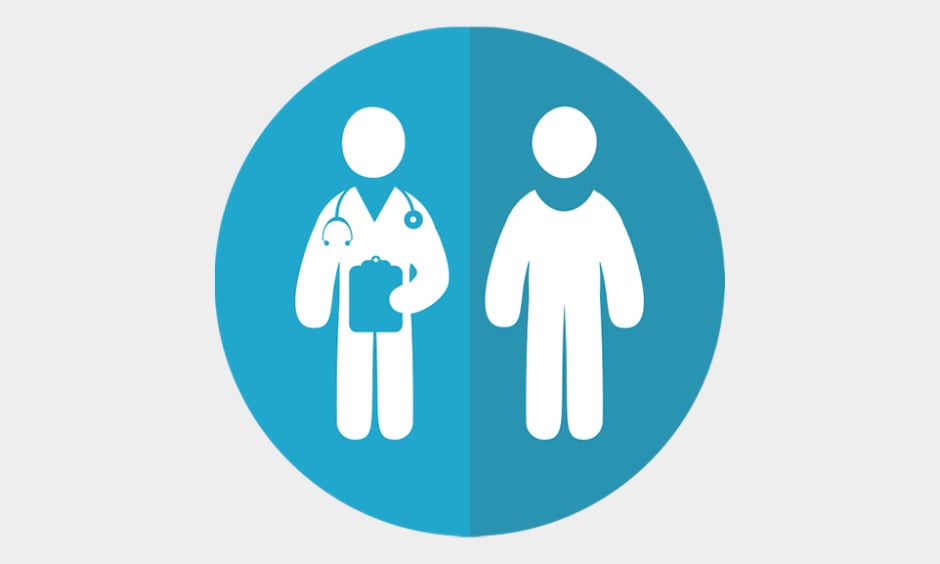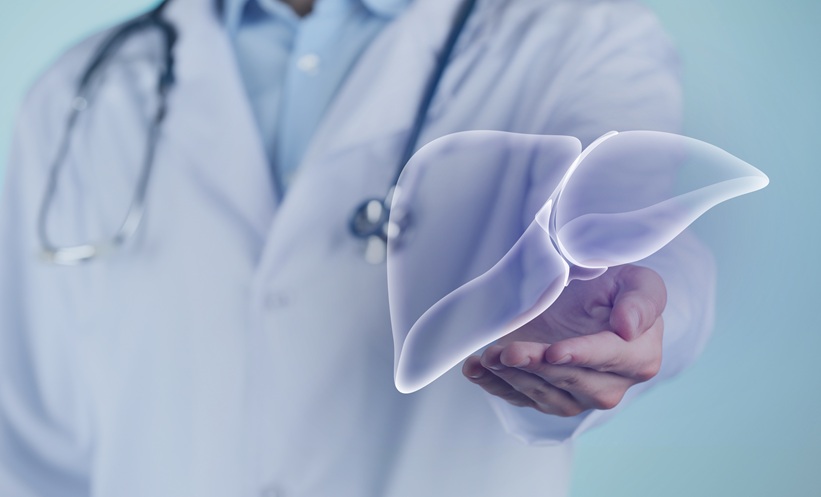LIVER fat content can be significantly and rapidly decreased in patients with non-alcoholic fatty liver disease (NAFLD) and non-alcoholic steatohepatitis (NASH) through small doses of a non-tumourigenic variant of an endocrine gastrointestinal hormone, NGM282, according to researchers from the University of California San Diego, San Diego, California, USA. The findings provide a proof of concept for the use of NGM282 to treat these conditions that currently have no approved therapies.
Reduction in Liver Fat
In a clinical trial of patients with confirmed NAFLD or NASH biopsies and a liver fat content of at least 8%, 166 participants were randomly assigned to either receive 3 mg of NGM282, 6 mg NGM282, or placebo injection once per day. Bi-weekly monitoring was then undertaken over a 3-month period.
The team found that a rapid and sustained reduction of liver fat content was achieved with both the 3 mg and 6 mg doses of NGM282. Patients who had at least either a 5% absolute reduction or >30% relative reduction from baseline to Week 12 were considered to be clinically significant. Hepatic magnetic resonance imaging with proton density fat fraction was used to measure the reduction; this is an advanced technique developed at University of California San Diego that is extremely sensitive to changes in liver composition compared with traditional assessments of tissue samples under a microscope.
Side effects included pain at injection site, diarrhoea, abdominal pain, and nausea, but no deaths or life-threatening events were recorded, and NGM282 was generally well tolerated.
Major Implications
The results could have major implications for the treatment of NAFLD and NASH patients, with life style changes such as weight loss and a healthier diet the current standards of care for these conditions. Senior author Dr Rohit Loomba, University of California San Diego, commented: “Patients with NAFLD and NASH have had limited treatment options for years. What the results of our Phase II study show is a promising future where NGM282 may be able to provide relief to these patients.”
Further Research
The authors believe that NGM282, a non-tumourigenic variant of fibroblast factor 19, could improve liver steatosis as well as inflammation and fibrosis often linked with NAFLD and NASH. Longer trials are required to gain a full understanding of the efficacy of NGM282.
James Coker, Reporter
For the source and further information about the study, click here.








